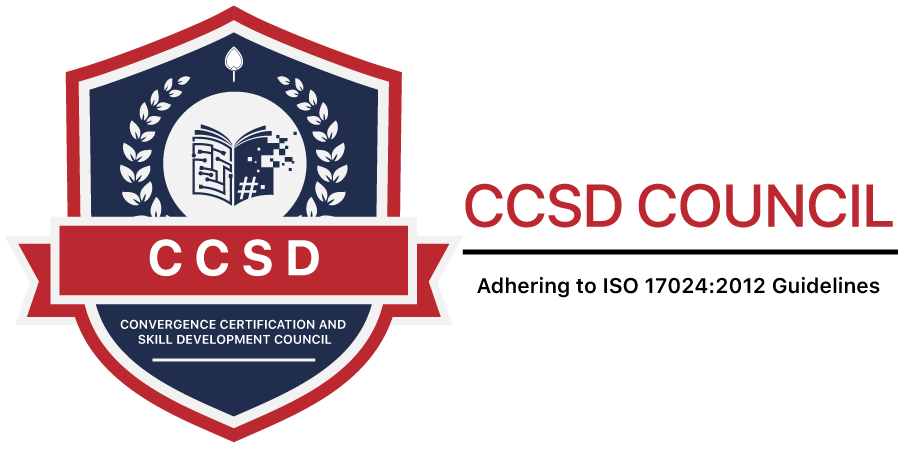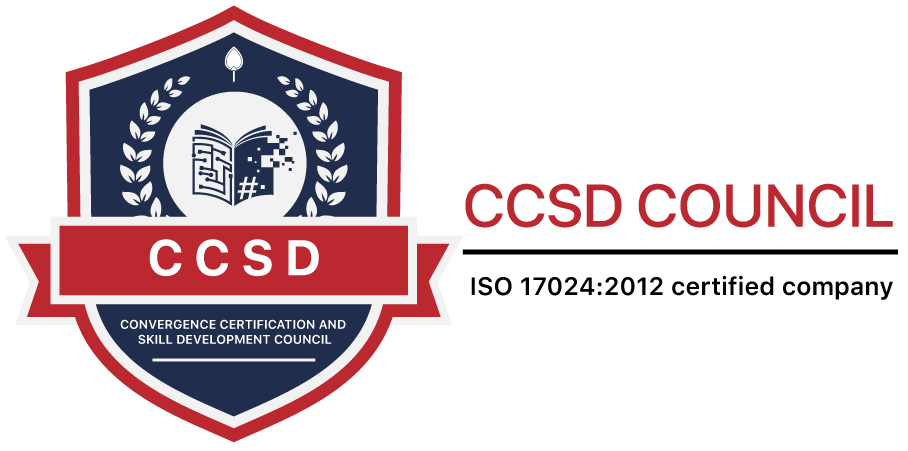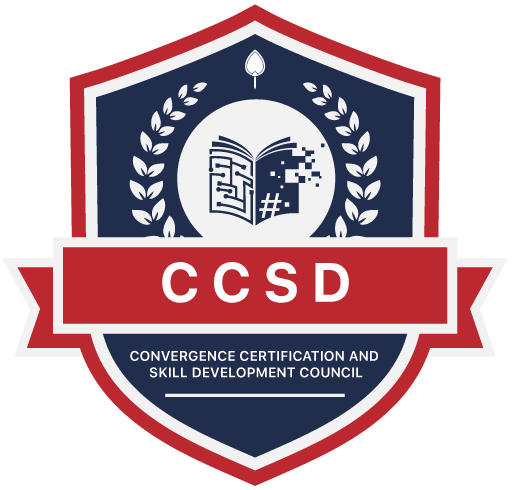Evaluation
- This exam consists of 100 multiple-choice questions.
- Candidate need to score minimum 70 % of the total marks (i.e. 70 out of 100) to pass this examination.
- Total duration of this examination is 120 minutes.
- Candidate should Tick against only one correct answer in Multiple Choice Questions.
- There is no negative marking system applicable in this examination.







